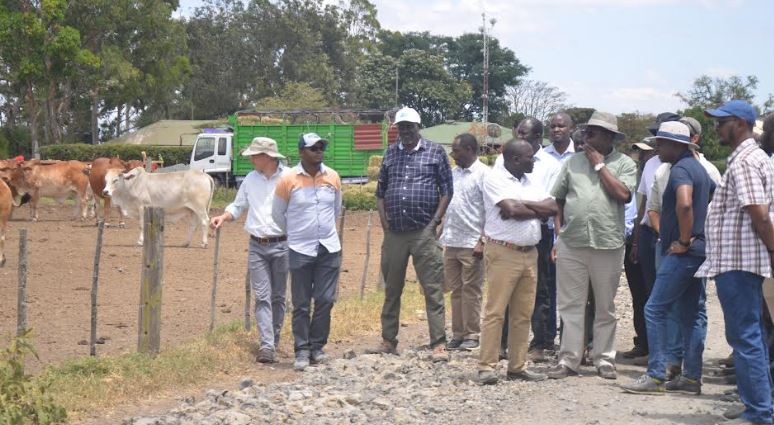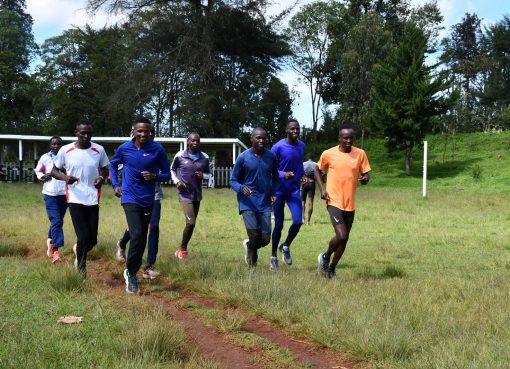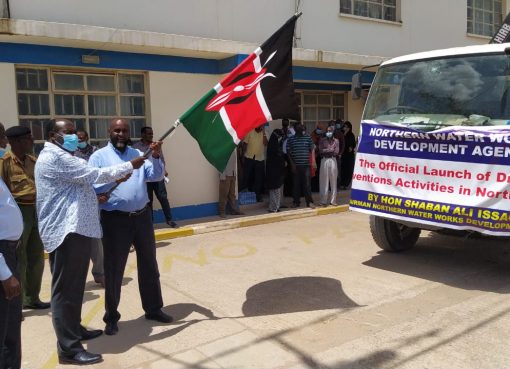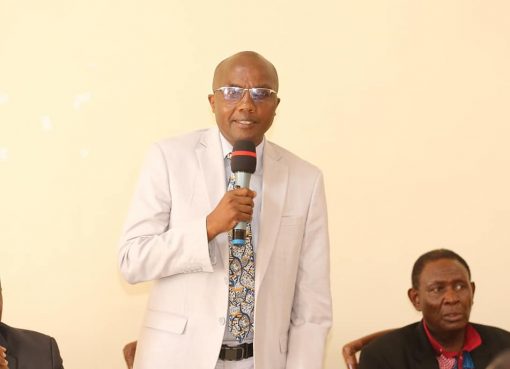The government plans to boost beef production to meet the growing demand for beef.
Agriculture Cabinet Secretary Mithika Linturi noted that Kenya was yet to meet the high demand for beef both locally and internationally, and hence underscored the need for concerted efforts to ensure maximum production of beef.
He expressed the government’s commitment to increasing the production of livestock in the country in a bid to boost meat and leather production and the entire value chain.
He said the country could not meet the international demand for beef and hide due to poor capacity building for farmers to improve their livestock production.
He spoke while on a tour of ADC Mutara and Ol-Pejeta Ranch in Laikipia County, in the company of Livestock Principal Secretary Jonathan Mueke and Laikipia Governor Joshua Irungu, among other government officials, to look into how beef production could be improved through the various players in the livestock sub-sector.
Linturi highlighted various measures that would help revive the livestock industry in the country in collaboration with the county governments and other livestock producers.
Top among them is the introduction of embryo and semen production at a subsidised fee, mass vaccination of livestock to prevent diseases and deaths of animals, fattening of cows, and the introduction of livestock nutrition for farmers.
His sentiments were echoed by Governor Joshua Irungu, who lauded the government’s focus on livestock disease control and prevention, especially among pastoral communities, and effective and efficient rangeland management to enhance production.
“The government is keen on increasing productivity and changing the breeds, and there are plans to roll out a programme to support our farmers by supplying sexed semen at very subsidised rates as well as transfer knowledge to them on modern livestock production,” said Linturi.
The 33,000-acre ADC Mutara ranch has the potential to breed beef and dairy, and hence, the CS said the government would put it as one among centers for livestock production.
On his part, Livestock Principal Secretary Jonathan Mueke noted that once the livestock sector is revived, Kenya would no longer import leather products.
“The leather industry is a key value chain, and we’re building quality to add value to the industry,” said PS Mueke.
Governor Irungu praised the government’s plan to revive the livestock sector and called for a quick implementation of the periodic mass vaccination of livestock within pastoral communities to allow free movement of livestock and avoid diseases and deaths.
By Antony Mwangi





